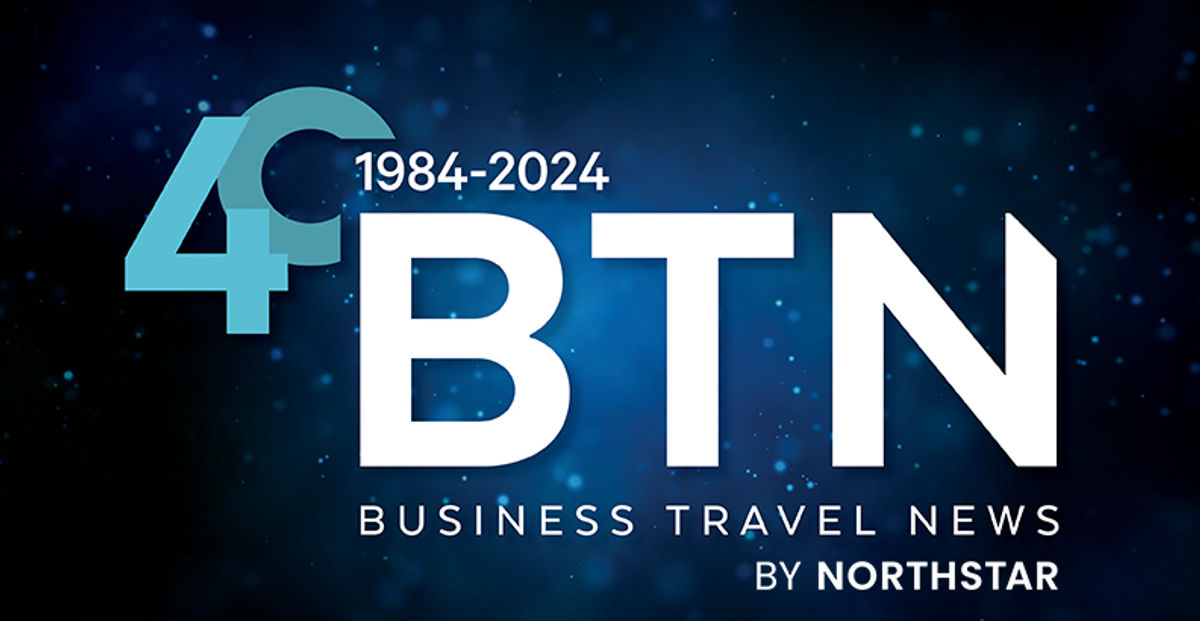Travel and expense management platform Mesh Payments plans
to accelerate its growth via a new partnership with financial services provider
SoFi, including selecting SoFi Bank as its sponsor bank and SoFi’s Galileo
Financial Technologies as a payments processor.
With the partnership, Mesh is integrating its expense and
card infrastructure in SoFi Bank’s financial framework and Galileo’s API-based
payment processing platform, according to Mesh. That gives Mesh a “robust
and stable” financial institute on which to base its payment services,
Mesh CEO Oded Zehavi said. The San Francisco-based SoFi started largely as a
student loan provider but has broadened into a wide range of financial
offerings, including securing a U.S. bank charter in 2022, and reports 8.8
million customers.
“Historically, there were all these tiny banks that
have been supporting some of the fintechs,” Zehavi said. “Now the bar
is much higher, and [companies] want to see an infrastructure that is robust
both from a regulatory perspective and with the size of the institute.”
SoFi also “is aligned in our vision and our wish to
innovate,” Zehavi said. In the partnership announcement, SoFi Bank
president Paul Mayer said the Galileo technology, which SoFi acquired in 2020,
provides a “cloud-based banking core” that lets partners like Mesh
“launch new products faster” and “scale seamlessly.”
Zehavi said the partnership will enable Mesh to
“accelerate the growth” on its innovations, such as a feature
launched in recent weeks that lets users speak to the Mesh Personal Assistant
in natural language to provide information for expense reporting.
“[SoFi] has been innovating a lot on the consumer side,
and this is a first attempt for them to start innovating on the
business-to-business side,” he said.
That acceleration comes as Zehavi said he is seeing an
increased demand for “next-generation card programs” that can combine
what have traditionally been separate products—corporate cards, lodge cards and
procurement cards, for example—on a single platform. Part of that increased
demand comes from the need for easier access to data from a single platform
that can feed the growing need for data for AI initiatives. It also can provide
higher incentives by consolidating on a single platform rather than receiving
incentives across several providers as “there is more and more pressure on
incentives issuers can give,” he said.
Zehavi said he projects “huge” request-for-proposal
activity in the payment space in 2025, particularly as travel volumes have
largely recovered and stabilized this year following the Covid-19 pandemic
downturn and companies can focus on parts of their programs they might have
been neglecting amid the recovery. “We expect a burst of many of the major
companies looking to modernize at last on something they didn’t invest in for
more than five years,” he said.

